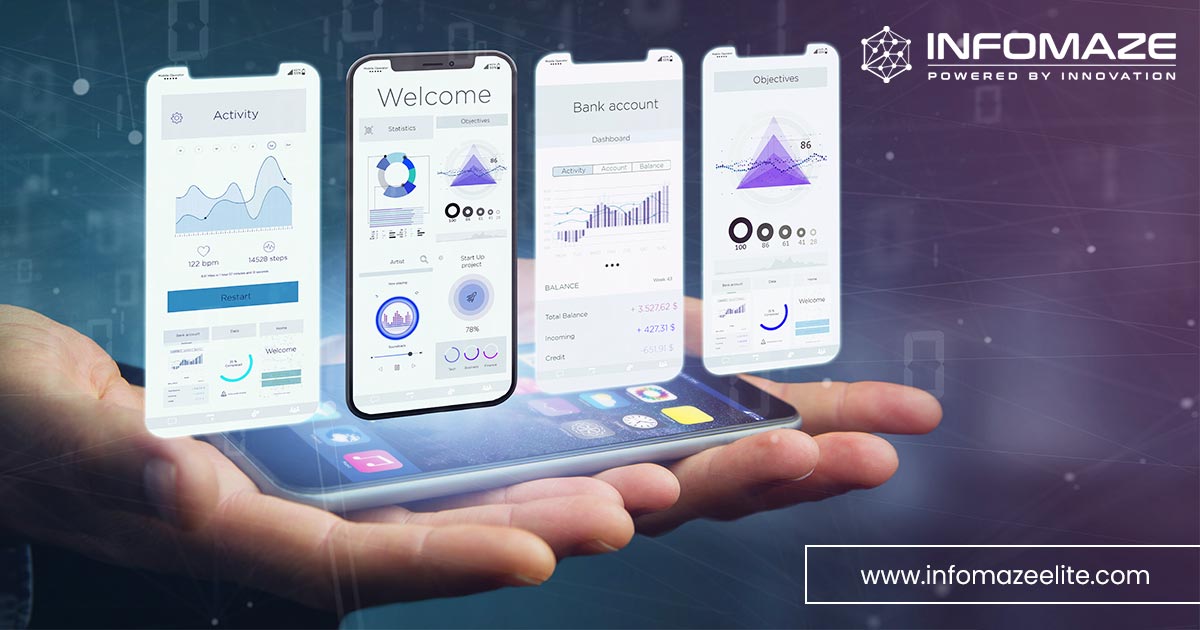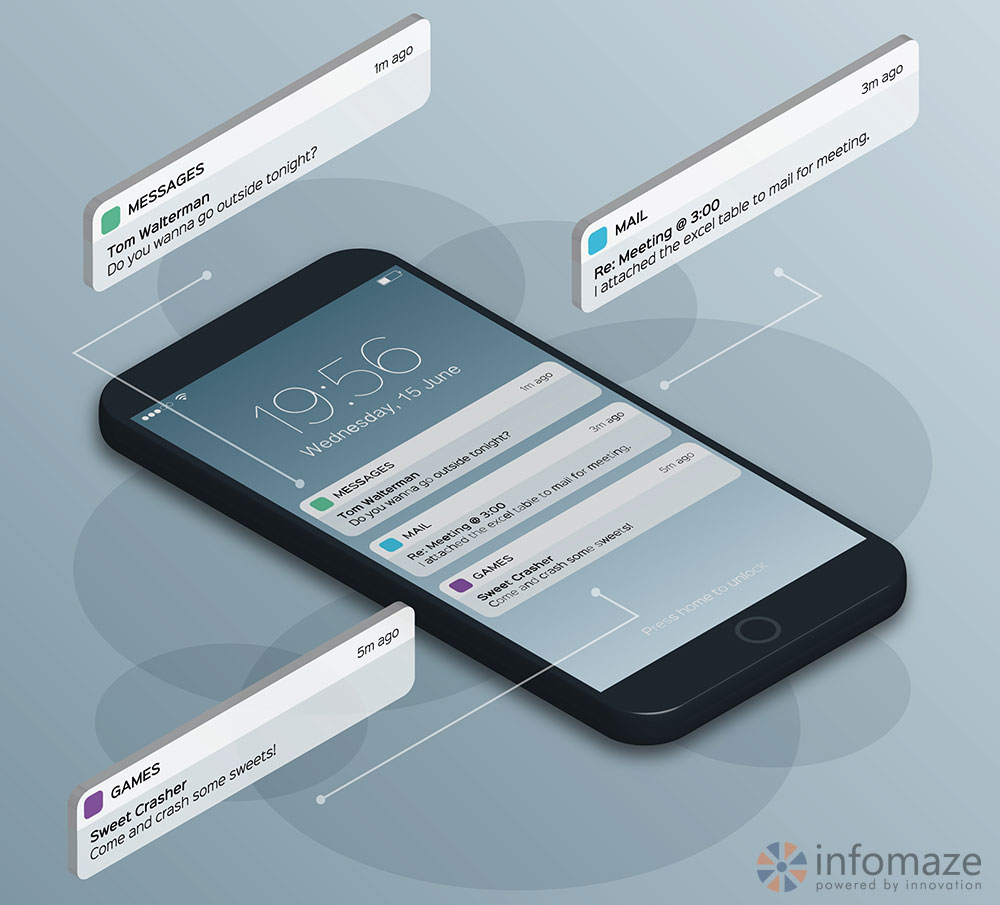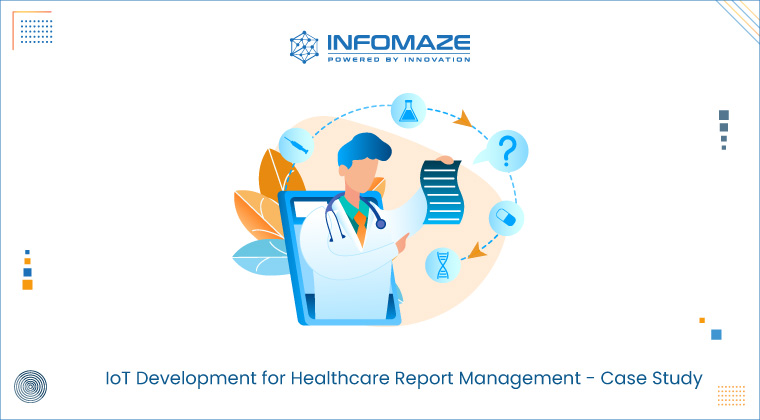Mobile App Development Approaches
If you want your business to thrive in this era of apps and smartphones, then you have to know all about it. Nowadays, there is an app for everything and apps are easier to use when compared to a website. Have you ever wondered how these apps are created and how developers determine the coding and approach needed for each app category? Additionally, where can you find the best mobile app development services?
Let’s explore the main components of mobile application development, approaches and more importantly, how long it will take to develop an extraordinary app for you.
5 Key Components of Custom Mobile App Development
Mobile app development has several components to create a successful and functional application. Here are the key components that you should consider:
UI Interface (UI):
This is the visual layer of the mobile app that users interact with. It is very important to design visually appealing layouts and ensure that the users can navigate easily and interact with the app more often. It includes crucial elements such as:
- Buttons
- Forms
- Menus
- Other Design Elements
Backend Server:
This is the server side of the app which is responsible for managing data, business logic and the overall functionality of the app and also the side that is not directly visible to the users.
Application Programming Interface (API):
It allows the app to communicate with external services or third-party platforms. The methods and protocols are there for interacting with these external systems. The main feature of API is to enable social media integration, payment gateways, and access to external data. This enhances the functionality and connectivity of the app.
Data Management:
This component involves manipulation, storage and retrieval of data within the app. It includes both local storage and interaction with external databases or APIs.
Security Features:
Security is an essential element for protecting user data, preventing unauthorized access, and ensuring the overall safety of the app and its users.
The Life Cycle of Mobile App Development
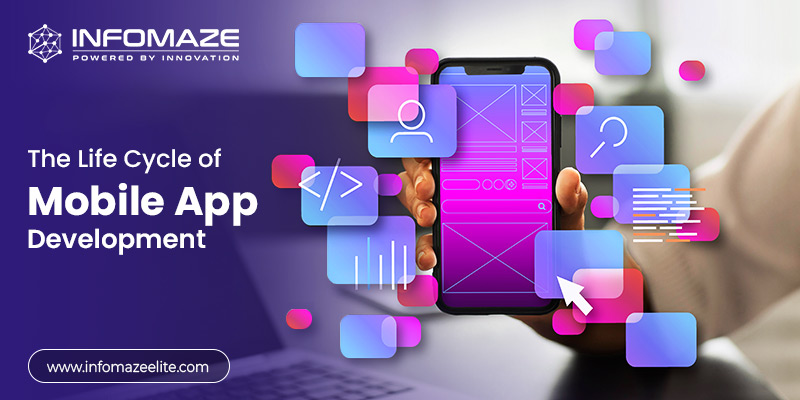
It is a process that consumes a lot of effort, time and resources. Here’s the custom mobile app development timeline:
Planning:
Planning is the first step towards your successful app. From choosing the perfect and the type of app to the estimated time of completion of the app which depends on the features you want in your app will consume your first 2-3 weeks.
Business Analysis:
The business analysis of your app development process is scheduled for the next 2-3 weeks. Any developer with a basic knowledge of coding will require a minimum of 2 weeks to build and set up an outline of the project.
Design and Pre-development:
This phase could approximately take upto 5-7 weeks to develop the design you require including the graphics, UI layout and color schemes. It also deals with certain important questions such as:
- What should the final app look like?
- What about the structure?
- Are there some out-of-the-box ideas that can make the app more functional?
UI Design:
This phase is time-consuming when compared to other phases. This will take up to 3-4 weeks because designing involves deciding the colors, fonts, sizes, and images that can help you not only attract the audience but also stand out from the crowd.
Development:
For app development it may take about 8-10 weeks of your time. There are various stages but the basic stages are:
- UI Design
- Front end Development
- Backend Development
Testing:
During this time of 2 weeks, you can test-run your app to check for bugs, errors, whether the app meets your expectations, and if it is functioning properly. In this phase, you can make the necessary changes with the help of a developer or designer.
Final and Launch:
After making the necessary changes and final touches, you can launch your app in a week in the market.
Strategies for Custom Mobile App Development
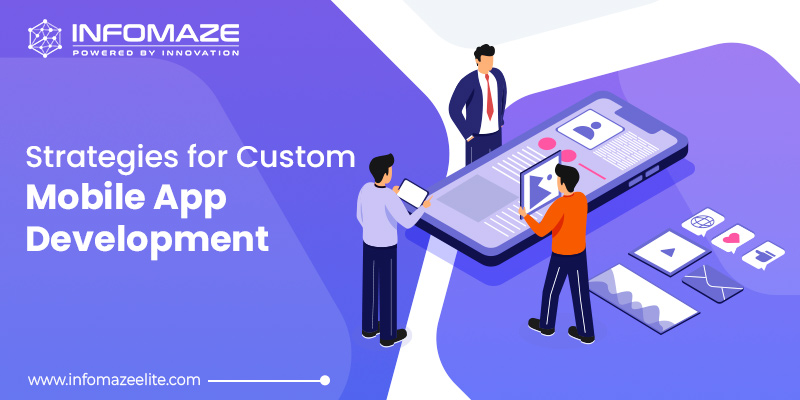
Here are the 5 mobile application development approaches:
Native App Development
Native app development involves creating applications for a specific platform such as Android or iOS, using the platform’s native programming languages and development tools.
Cross-Platform App Development
Cross-platform app development is a single codebase that can be used for multiple platforms, faster development process and is cost-effective.
Hybrid App Development
Hybrid app development is used when the web technologies and merged with native elements for cross-platform functionality, feature constraints and balancing efficiency with potential performance.
Rapid Mobile App Development
Rapid Mobile App Development (RMAD) is an efficient development approach as it uses low code platforms for faster development.
Mobile First Development
Mobile first development prioritizes designing and developing for mobile devices before even considering desktop versions, ensuring optimal performance and usability.
Conclusion on Mobile Application Development Approaches
The digital world has been completely transformed by custom mobile app development, which has improved user experiences and changed business models. Technology’s constant progress has sparked innovation, leading to a wide range of complex and sophisticated applications that meet different demands.
As app development continues to boom, it provides solutions for education, healthcare, entertainment, and other areas, as smartphones become increasingly integrated into daily life. Smooth user interfaces are just as important as functionality in today’s cutthroat industry. That’s why you have Infomaze, and we are glad to assist you by offering the best mobile app development services. for you. We are a service provider company, that has over 22 years of expertise. Plus, You can hire mobile app developers who are experts from us.
Ready to transform your app idea into reality? Discover the perfect development approach for your project with Infomaze.
Categories
- Application Migration (8)
- BI (7)
- Case Study (24)
- CRM (8)
- Dot Net (8)
- Informational Blog (66)
- IT Help Desk (8)
- Mern Stack (1)
- Microsoft 365 (2)
- Mobile Application (9)
- Offshore Development (10)
- Outsourcing Services (1)
- PHP (11)
- PowerBI (7)
- QuickBooks (5)
- ReactJS (4)
- SEO (14)
- SharePoint (3)
- Web Application (10)
- Xero (1)
- Zoho (12)
- Zoho Case Study (28)
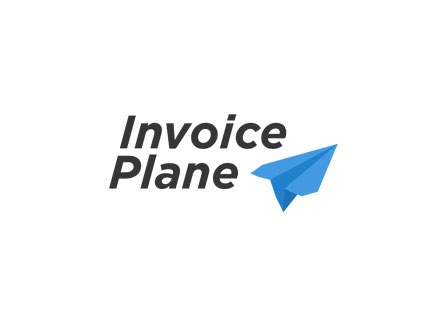


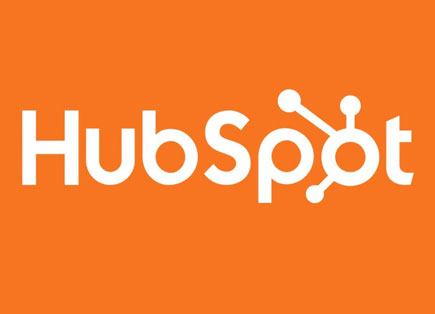
Disclaimer: All rights belong to the owner. No Copyright or Trademark Infringement Intended.

